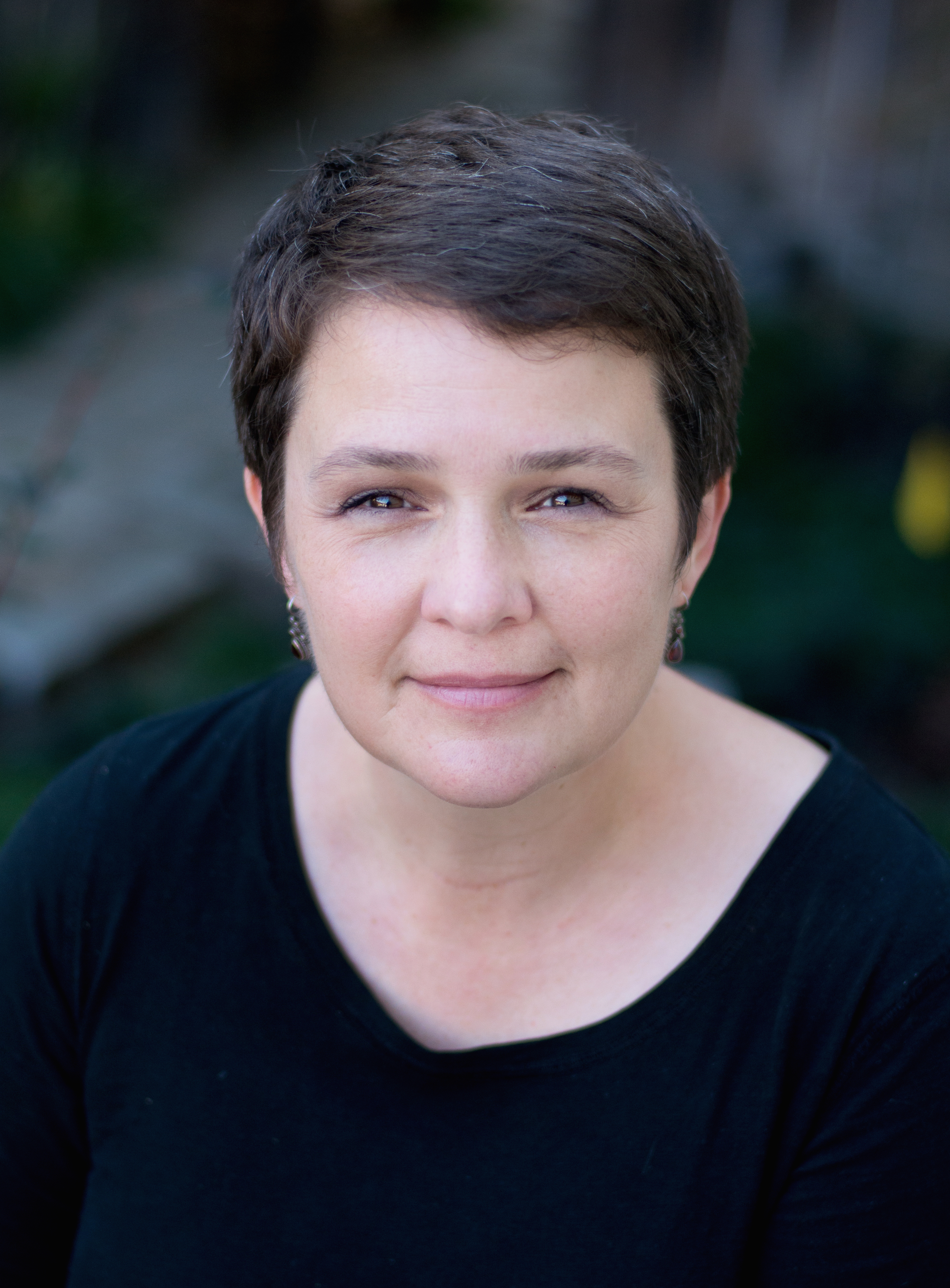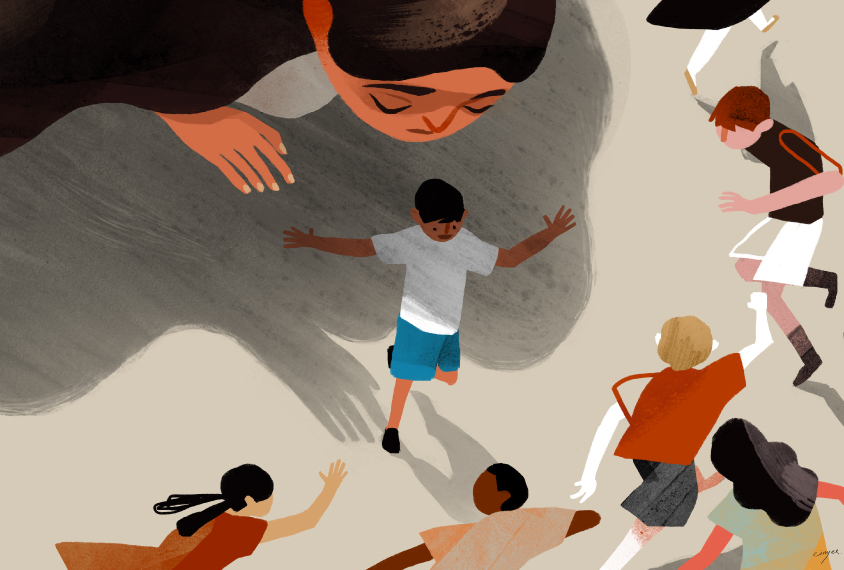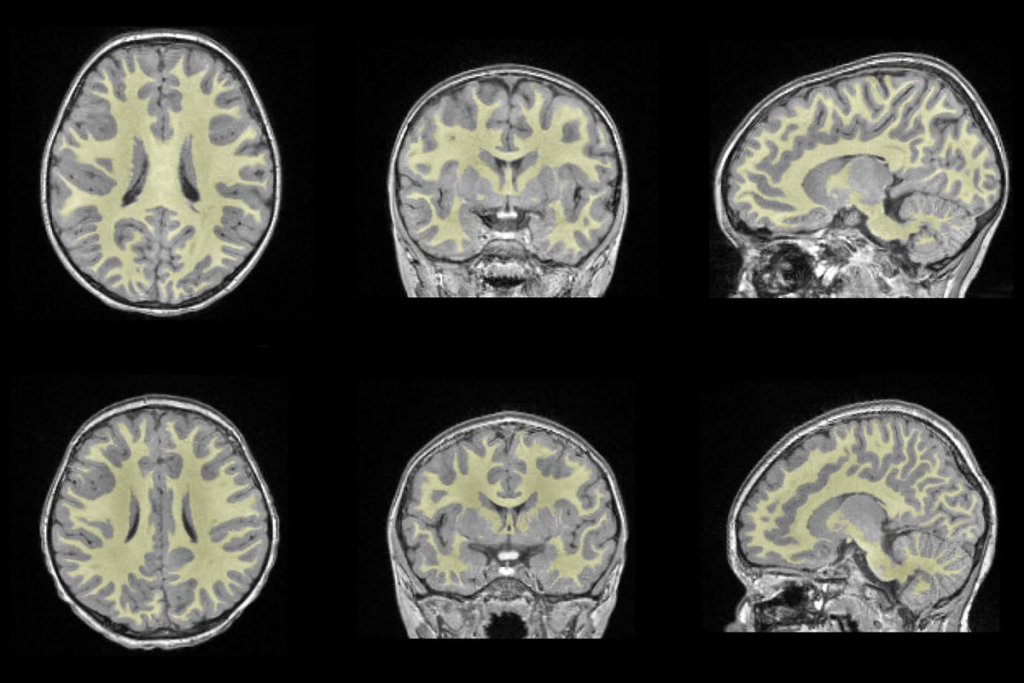Emily writes frequently about autism and related issues, and her work has appeared in print or online at Discover, New York Times, Slate, Washington Post, San Francisco Chronicle, and others. Emily has a B.A. in English with minors in German and History and a Ph.D. in biological sciences, both from The University of Texas at Austin. She also completed postdoctoral work at the University of California, San Francisco and has taught graduate and undergraduate biology for many years.

Emily Willingham
Science writer
Spectrum
From this contributor
The legacy of Steve Silberman and his book, ‘NeuroTribes’
The writer’s empathic storytelling changed how society—and researchers—view autistic people.

The legacy of Steve Silberman and his book, ‘NeuroTribes’
Spotted around the web: Week of 29 October 2018
Here is a roundup of news and research for the week of 29 October.
Spotted around the web: Week of 29 October 2018
Book Review: A mother finds reward in risk
In “The Boy Who Loved Too Much,” a woman tries to cocoon her son, who has Williams syndrome, from life’s insults but later realizes her protective instincts carry dangers of their own.

Book Review: A mother finds reward in risk
Spotted around the web: Week of 22 October 2018
Here is a roundup of news and research for the week of 22 October.
Spotted around the web: Week of 22 October 2018
Spotted around the web: Week of 15 October 2018
Here is a roundup of news and research for the week of 15 October.
Spotted around the web: Week of 15 October 2018
Explore more from The Transmitter
David Krakauer reflects on the foundations and future of complexity science
In his book “The Complex World,” Krakauer explores how complexity science developed, from its early roots to the four pillars that now define it—entropy, evolution, dynamics and computation.
David Krakauer reflects on the foundations and future of complexity science
In his book “The Complex World,” Krakauer explores how complexity science developed, from its early roots to the four pillars that now define it—entropy, evolution, dynamics and computation.
White-matter changes; lipids and neuronal migration; dementia
Here is a roundup of autism-related news and research spotted around the web for the week of 13 January.

White-matter changes; lipids and neuronal migration; dementia
Here is a roundup of autism-related news and research spotted around the web for the week of 13 January.
Fleeting sleep interruptions may help brain reset
Brief, seconds-long microarousals during deep sleep “ride on the wave” of locus coeruleus activity in mice and correlate with periods of waste clearing and memory consolidation, new research suggests.

Fleeting sleep interruptions may help brain reset
Brief, seconds-long microarousals during deep sleep “ride on the wave” of locus coeruleus activity in mice and correlate with periods of waste clearing and memory consolidation, new research suggests.